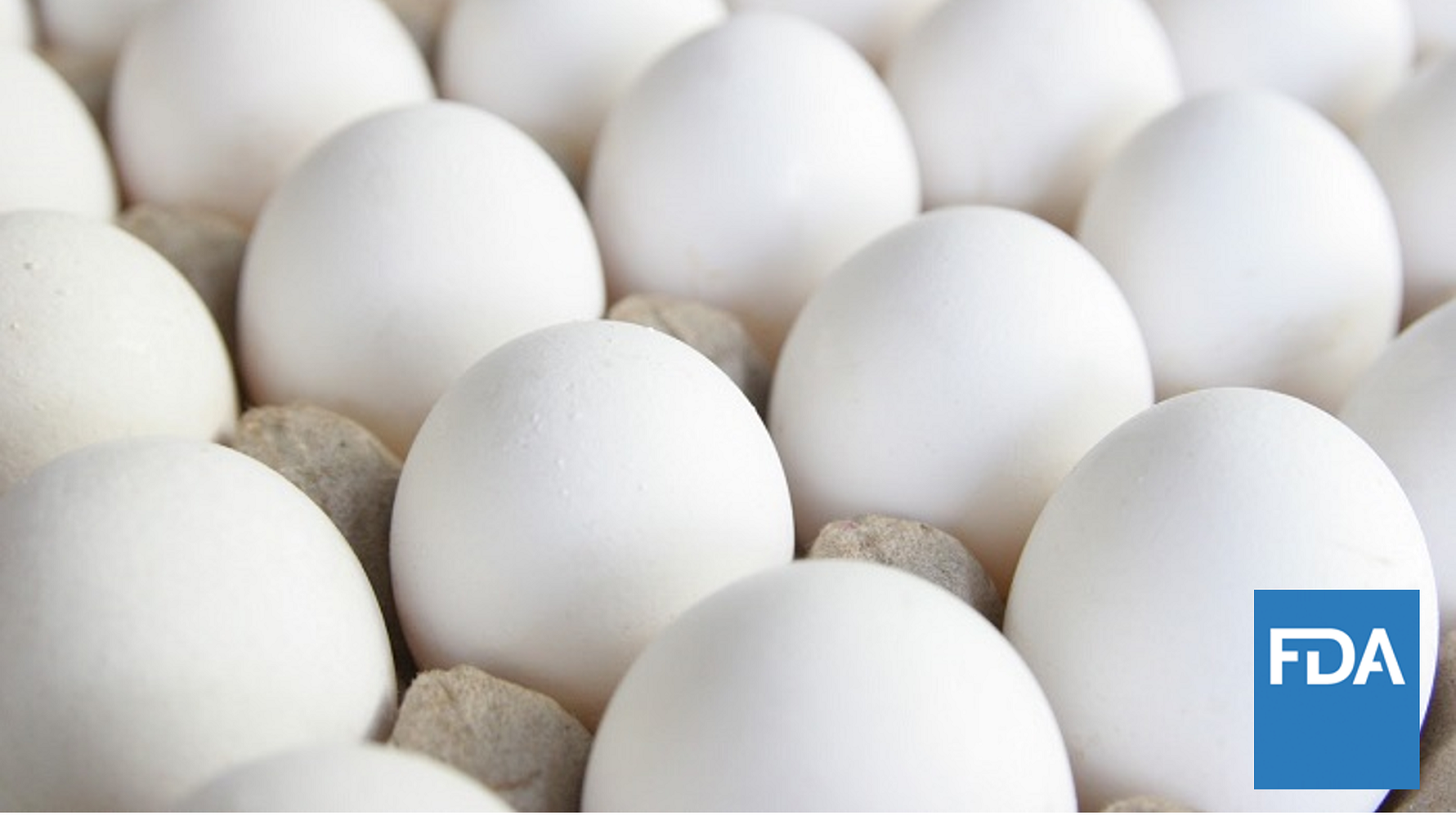psitticine
Member
- Dec 23, 2022
- 63
- 82
- Parrots
- Rainy
Hi all,
So my Quaker (7 mo) sneezed a few times in a row just now, and I got a little bit of snot splatter on me. She has always sneezed once in a while but this is the first time I’ve noticed mucus. The feathers on her cere are a little wet. She appears to be eating and drinking water like normal. Her weight is also normal. She’s molting, but I’m not sure that would have anything to do with it. She’s a little grumpy today, but ya know… she’s a Quaker. Do I have time to wait a couple days and see if this persists, or should I get her to the vet? Any other tips?
So my Quaker (7 mo) sneezed a few times in a row just now, and I got a little bit of snot splatter on me. She has always sneezed once in a while but this is the first time I’ve noticed mucus. The feathers on her cere are a little wet. She appears to be eating and drinking water like normal. Her weight is also normal. She’s molting, but I’m not sure that would have anything to do with it. She’s a little grumpy today, but ya know… she’s a Quaker. Do I have time to wait a couple days and see if this persists, or should I get her to the vet? Any other tips?



